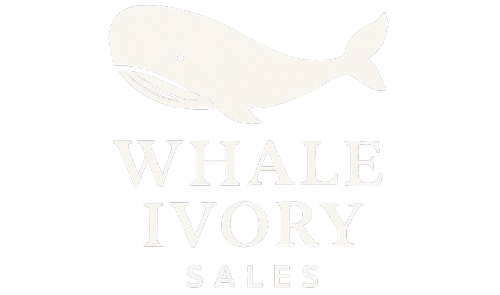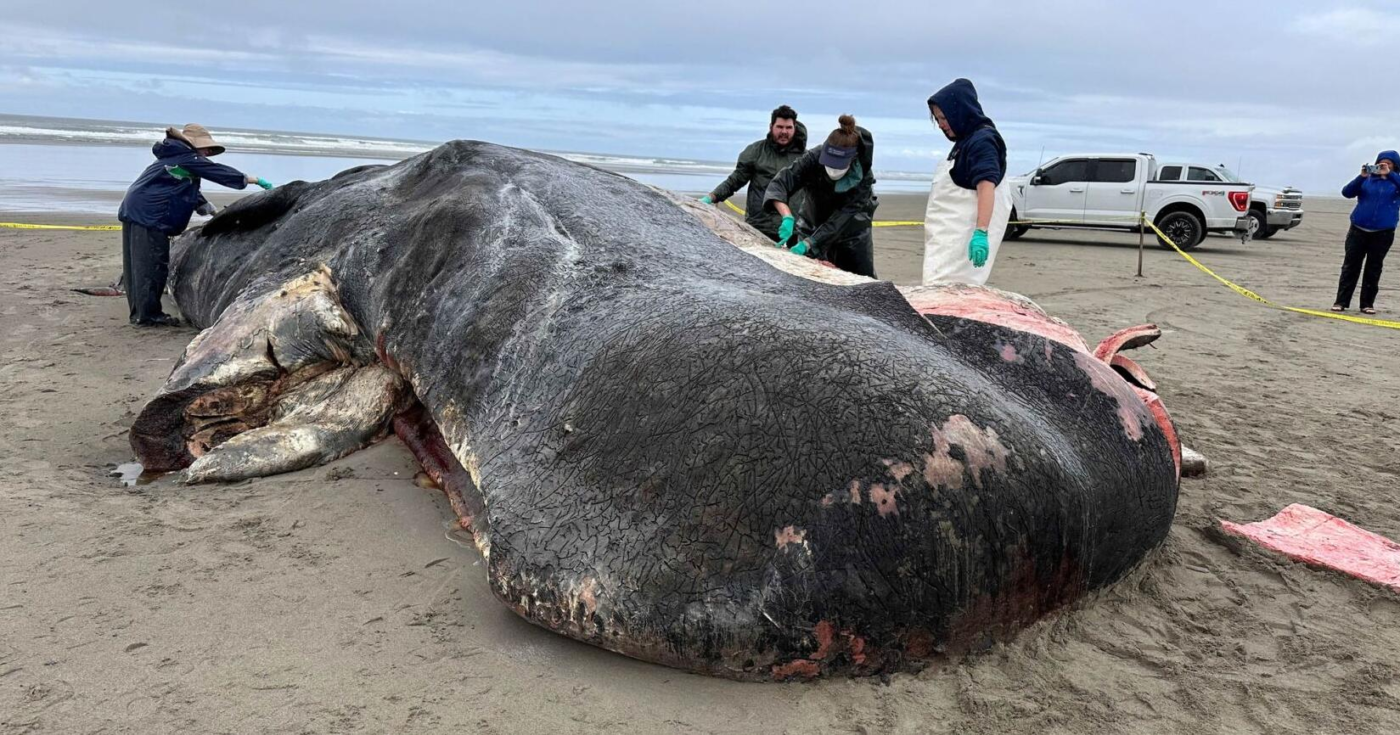Uncategorized
Massive sperm whale, struck by vessel, washes ashore near Seaside – Central Oregon Daily
Currently in Bend
A adult male sperm whale was found dead, washed ashore near Seaside, Ore., May 29, 2025.
A adult male sperm whale was found dead, washed ashore near Seaside, Ore., May 29, 2025.
A adult male sperm whale was found dead, washed ashore near Seaside, Ore., May 29, 2025.
A adult male sperm whale was found dead, washed ashore near Seaside, Ore., May 29, 2025.
A adult male sperm whale was found dead, washed ashore near Seaside, Ore., May 29, 2025.
A adult male sperm whale was found dead, washed ashore near Seaside, Ore., May 29, 2025.
A adult male sperm whale was found dead, washed ashore near Seaside, Ore., May 29, 2025.
A adult male sperm whale was found dead, washed ashore near Seaside, Ore., May 29, 2025.
SEASIDE, Ore. — A nearly 53-foot-long sperm whale was found washed up on shore north of Seaside last week. A necropsy has led experts believe the whale was struck by a vessel.
Here are the details posted by Seaside Aquarium:
Thursday afternoon an adult male sperm whale washed ashore between Del Ray and Sunset Beach, about 12 miles north of Seaside. The nearly 53-foot whale was reported dead on May 23rd 15 miles offshore and resigned again 7 miles offshore on May 27th. A necropsy was performed today by Portland State University, Cascadia Research Collective, and the Seaside Aquarium. During the necropsy, damage to the vertebrate was visible along with signs of hemorrhage, this helped the team determine that this whale was struck by a vessel.
The whale will remain on the beach to naturally decompose. This will provide not only an opportunity to see this large whale but also provide a nutrition boost to the local ecosystem. Scavengers such as turkey vultures, bald eagles, and even coyotes will have the ability to feed on this whale for quite some time.
Male sperm whales can reach nearly 60 feet and weigh well over 40 tons. They have been known to live up to 60 years, with males maturing around the age of 50 at a length of approximately 52 feet. They feed on deep water species, such as squid, sharks, skates, and fish. While their population is recovering, sperm whales are listed as endangered.
Please remember to look- but do not touch. Marine mammals may spread potential diseases to humans and pets.
Thank you to everyone involved in helping with this animal; Oregon State Police, NOAA Office of Law Enforcement, Oregon State Parks, Cascadia Research Collective, Seaside Aquarium, Portland State, Washington State Parks, and Washington Fish and Wildlife.
Have a story idea? Email it to info@centraloregondaily.com.
{{description}}
Email notifications are only sent once a day, and only if there are new matching items.
Currently in Bend
Your browser is out of date and potentially vulnerable to security risks.
We recommend switching to one of the following browsers:

